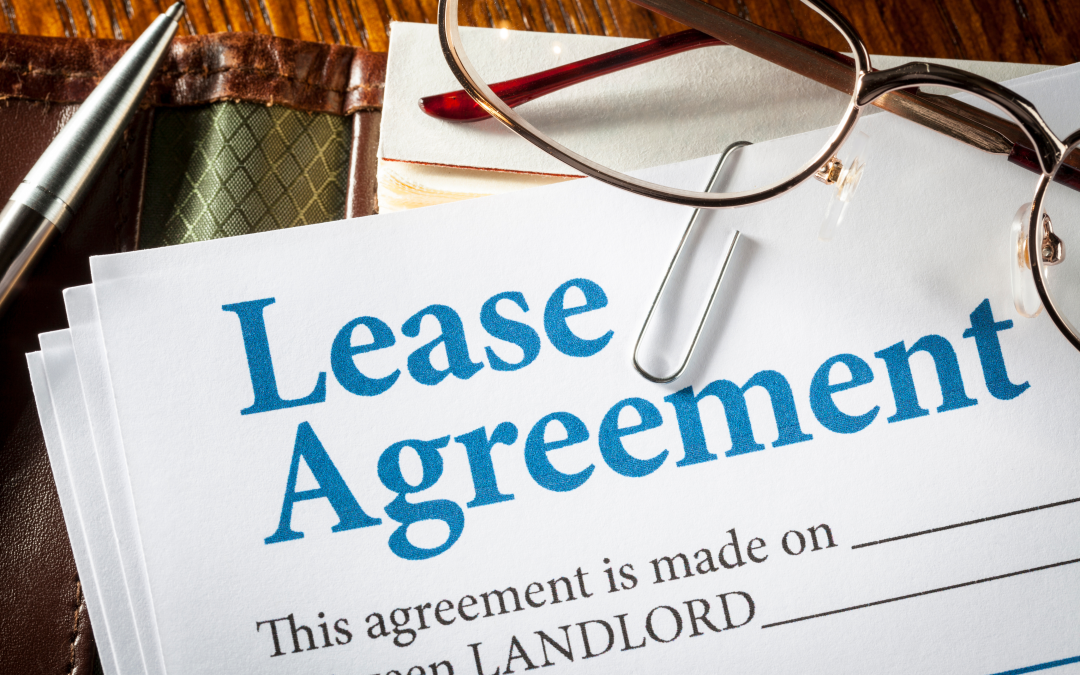Lease agreement lawsuits in Florida are far more common than most people would think. Most landlords and tenants in Florida look to the written lease agreement first when they have a disagreement. After all, the purpose of the document is to spell out what each party can and cannot do.
Standard lease agreements cover the most common disagreements between landlords and tenants; however, they cannot solve every problem and cover every disagreement. In certain cases, the only thing the parties involved in this type of dispute can do is go to court by filing a lawsuit and requesting a judge to decide how to proceed.
Lease Agreement Lawsuits – Why They Happen
Often, disputes between landlords and tenants over residential lease agreements are about things that have previously been fought over many times before in other cases.
Below are some of the most common reasons why Florida residents file these lawsuits:
1. Is the money a tenant gives to a landlord rent, a security deposit, or advance rent?
When the money in question is not a security deposit, the way problems are solved is different. When you enter into a lease, a landlord will probably ask for deposits and advance rent to make sure the property is in good shape and to protect against you not paying. After you give this money to the landlord, there may be questions about how and when the landlord should use it: was the money rent, advanced rent, a security deposit, or was it something else?
2. Option to purchase
An “option to purchase” is a clause that can be found in some lease agreements. Under this type of clause, the renter has the option to purchase the property from the landlord, but only under certain conditions. Both the landlord and the renter agree that the renter can buy the property if the terms of the option to purchase clause in the lease agreement are met.
Usually, this option to purchase is part of the lease agreement, and often, the option to purchase ends when the lease does.
In these disagreements, the legal questions may include whether or not the lease had a valid “option to purchase,” and whether or not the renter met the terms of the clause in order to buy the property.
Other Common Legal Problems Involving Residential Leases
Tenants often file lawsuits against their landlords when they have been affected by something the landlord did or did not do. Even though landlords often try to limit their responsibilities to the tenant and the property in the lease, Florida law protects tenants from negligent and unscrupulous landlords.
Some of the most common reasons why Florida tenants file lawsuits are:
1. Not giving back the security deposit
Landlords must by law keep the money from security deposits safe. The money does not belong to landlords; it belongs to the tenants. Therefore, tenants have the right to get it back at the end of their lease, unless Florida law says otherwise. If a landlord does not give back the security deposit to a tenant, then the tenant can file a lawsuit to get the money back.
2. The landlord’s duty to repair and maintain the property
In Florida, the law protects tenants from landlords who behave like “slumlords.” Residential tenants in Florida have a legal right to a safe, clean and reasonably comfortable place to live. This is called “habitability” in the law, which basically means that landlords have a duty to “warrant” that their properties are and will remain livable as long as tenants live there.
3. Quiet Enjoyment
When a Florida homeowner rents out their home, the renter obtains the right to “quiet enjoyment” of the property. If the landlord acts in a manner that makes it hard for the tenant to live in peace, or if the landlord lets others act in a way that makes it hard for the tenant to live in peace, then the landlord will be held liable for a breach of this right.
Are You Considering Filing a Lawsuit Involving a Lease Agreement?
If you want to sue your landlord, it is a good idea to talk to an experienced Florida real estate lawyer to find out what your rights and options are. Contact Romy today by calling (305) 921-0976 or emailing [email protected].





